




When it comes to doing laundry, most people rely on fabric softeners to keep their clothes soft and smelling fresh. However, many fabric softeners contain chemicals that can be harmful to both our health and the environment. Luckily, there are several eco-friendly alternatives to fabric softeners that can help make your laundry routine greener.
1. Vinegar: Vinegar is a natural fabric softener that helps to remove soap residue and leave your clothes feeling soft.
2. Baking soda: Baking soda not only helps to soften clothes, but it also helps to eliminate odors.
3. Wool dryer balls: Wool dryer balls are a great alternative to fabric softeners. They help to reduce drying time, soften clothes, and eliminate static.
4. Essential oils: Adding a few drops of essential oils, such as lavender or eucalyptus, to your laundry can leave a pleasant scent on your clothes without the use of chemicals.
5. Homemade fabric softener: Making your own fabric softener is easier than you might think. Simply mix water, vinegar, and your favorite essential oils together and store in a spray bottle.
6. Baking soda and vinegar: Combining baking soda and vinegar creates a natural fabric softener that is both effective and environmentally friendly.
7. Dryer sheets: Instead of using disposable dryer sheets, opt for reusable dryer sheets made of natural materials.
8. Air drying: Air drying your clothes not only saves energy, but it also helps to naturally soften your fabrics.
9. Alkaline cleaners: Some alkaline cleaners, such as borax, can act as a fabric softener when added to your laundry.
10. Liquid fabric softener alternatives: Instead of using conventional liquid fabric softeners, look for eco-friendly alternatives that are made from plant-based ingredients.
11. Hang your clothes to dry outside: Hanging your clothes to dry outside not only gives them a fresh scent, but it also helps to naturally soften them without the use of any chemicals.
By incorporating these eco-friendly alternatives into your laundry routine, you can help to reduce your environmental impact while still enjoying soft and fresh-smelling clothes.
Why Choose Eco-Friendly Fabric Softener Alternatives?
Fabric softeners are commonly used in laundry routines to make clothes feel softer and reduce static cling. However, traditional fabric softeners often contain harmful chemicals that can be damaging to both the environment and our health.
Choosing eco-friendly fabric softener alternatives has several benefits:
- Reduced Environmental Impact: Eco-friendly fabric softeners are made from natural, biodegradable ingredients that are less harmful to the environment. They do not contribute to water or air pollution.
- Healthier Choices: Traditional fabric softeners often contain chemicals like phthalates, VOCs (volatile organic compounds), and artificial fragrances that can cause skin irritation, respiratory issues, and harm to the nervous system. Eco-friendly alternatives are typically free from these harmful substances, making them a safer choice for you and your family.
- Cruelty-Free: Many eco-friendly fabric softener alternatives are cruelty-free, meaning they are not tested on animals. By choosing these products, you are supporting a more compassionate and ethical industry.
- Cost-Effective: While some eco-friendly fabric softeners may have a higher initial cost compared to their traditional counterparts, they often last longer and require smaller amounts per load. Over time, this can save you money.
- Effective Performance: Eco-friendly fabric softener alternatives are designed to effectively soften clothes, reduce static cling, and make them more comfortable to wear. You don’t have to sacrifice performance for sustainability.
- Versatility: Many eco-friendly fabric softener alternatives can be used not only for laundry but also for other household uses. They can be used to freshen up upholstery, curtains, and even as an air freshener.
By choosing eco-friendly fabric softener alternatives, you can make your laundry routine greener and contribute to a more sustainable and healthier planet.
Environmentally-Friendly Laundry Options:
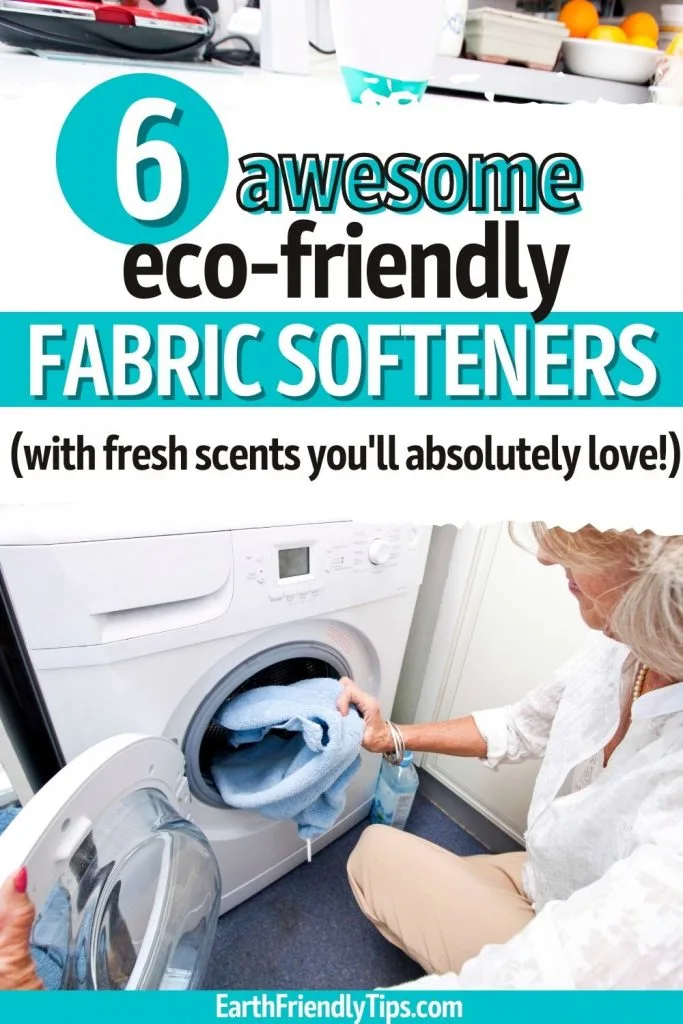
If you’re looking to make your laundry routine more eco-friendly, there are several alternatives to fabric softener that can help reduce your environmental impact. Here are 11 options to consider:
- Vinegar: Use white vinegar as a natural fabric softener. It helps remove odors and leaves clothes feeling soft;
- Baking Soda: Add baking soda to the wash cycle to soften clothes and remove odors;
- Dryer Balls: Use wool or rubber dryer balls to soften clothes and reduce drying time. They also help prevent static cling;
- Essential Oils: Add a few drops of your favorite essential oil to the dryer balls or a washcloth to naturally scent your laundry;
- Borax: Use borax in the wash cycle to help soften clothes and remove stains;
- Washing Soda: Similar to baking soda, washing soda can help soften clothes and remove odors;
- Soap Nuts: These natural soap berries can be placed in a muslin bag and added to the wash cycle to clean and soften clothes;
- Lemon Juice: Add lemon juice to the wash cycle to naturally brighten clothes and remove odors;
- Wool Dryer Balls: These reusable balls of wool can help fluff and soften clothes while reducing drying time;
- Aluminum Foil: Place a ball of aluminum foil in the dryer to help reduce static cling;
- Natural Laundry Detergent: Use eco-friendly laundry detergents that are biodegradable and free from harsh chemicals. These detergents are kinder to the environment and safer for your skin.
By using these environmentally-friendly alternatives, you can make your laundry routine greener and reduce your reliance on fabric softeners that can be harmful to the environment.
Natural Fabric Softening Solutions:
Instead of using conventional fabric softeners, which can contain harmful chemicals and contribute to pollution, there are several natural alternatives you can try. These eco-friendly options are gentle on your clothes, your skin, and the environment.
1. Vinegar:
White vinegar is a versatile natural fabric softener. Simply add 1/4 to 1/2 cup of vinegar to your washing machine’s fabric softener dispenser or during the rinse cycle. It helps soften your clothes, removes odors, and keeps them fresh.
2. Baking Soda:
Baking soda not only acts as a natural fabric softener but also helps to remove stains and odors from your clothes. Add 1/2 cup of baking soda to your laundry during the wash cycle for soft and fresh-smelling clothes.
3. Wool Dryer Balls:
Wool dryer balls are a sustainable and reusable alternative to fabric softener. They help to reduce drying time, soften fabrics, and reduce static. Simply toss a few dryer balls into the dryer with your laundry.
4. Essential Oils:
Add a few drops of your favorite essential oil to your wool dryer balls or a small piece of fabric and toss it in the dryer. This will add a natural fragrance to your clothes without the need for synthetic fragrances found in conventional fabric softeners.
5. Epsom Salt:
Adding 1/2 cup of Epsom salt to your laundry can help soften your clothes. It also has the added benefit of removing mineral buildup on your clothes, making them feel fresher and cleaner.
6. Air Drying:
Skip the dryer altogether and air dry your clothes. Hanging your clothes to dry not only saves energy but also helps keep your clothes soft and wrinkle-free.
7. Aluminum Foil:
Ball up a sheet of aluminum foil and toss it in the dryer with your clothes. The foil helps to reduce static cling and softens fabrics.
8. Distilled Water:
Replace fabric softener with distilled water. Simply fill your fabric softener dispenser with distilled water and add it to your wash cycle. It helps to soften your clothes without any added chemicals.
9. Natural Liquid Soap:
Mix 1/4 cup of natural liquid soap with 1/2 cup of vinegar and add it to your fabric softener dispenser. This combination softens fabrics and removes odors without the use of harsh chemicals.
10. Natural Fabric Softening Sheets:
Look for natural fabric softening sheets made from plant-derived ingredients. These sheets can be placed in your dryer to soften fabrics and reduce static cling.
11. Store-Bought Eco-Friendly Fabric Softeners:
If you prefer to purchase fabric softeners, look for eco-friendly options that are free of harsh chemicals and synthetic fragrances. These products are often formulated with natural ingredients and are gentler on your clothes and the environment.
By opting for these natural fabric softening solutions, you can make your laundry routine greener and reduce your environmental impact.
Non-Toxic Laundry Additives:
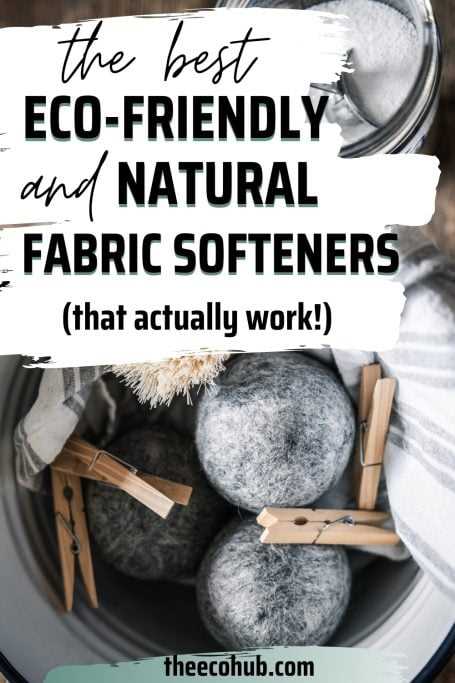
When it comes to making your laundry routine greener, using non-toxic laundry additives can be a great option. These alternatives are free from harmful chemicals and are better for your health and the environment.
Vinegar
Vinegar is a natural fabric softener and odor remover. Simply add a small amount to your wash cycle to soften your clothes and eliminate any unpleasant smells.
Baking Soda
Baking soda can help to brighten your clothes and remove stains. Add a cup of baking soda to your wash cycle to help freshen up your laundry.
Wool Dryer Balls
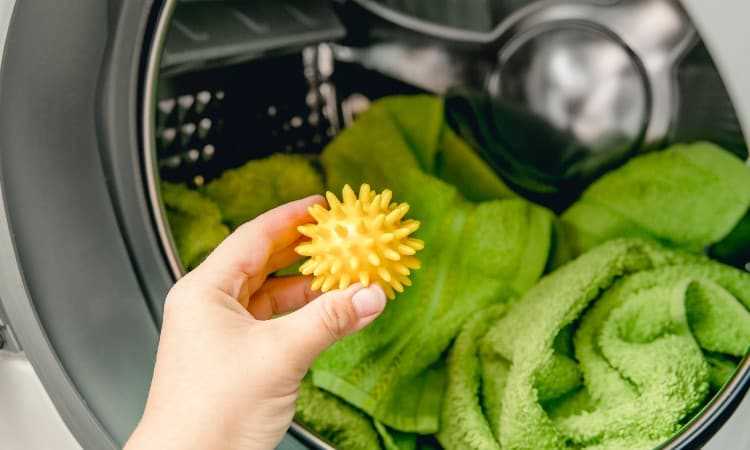
Wool dryer balls are a great alternative to fabric softener sheets. They help to fluff up your clothes, reduce drying time, and soften your laundry without the use of chemicals.
Essential Oils
Adding a few drops of your favorite essential oils to your laundry can give it a pleasant scent without the use of artificial fragrances. Lavender and lemon are popular choices.
White Vinegar and Essential Oil Spray
Mixing white vinegar and essential oils in a spray bottle can create a natural fabric freshener. Simply spray onto your freshly washed clothes to add a fresh scent.
Borax
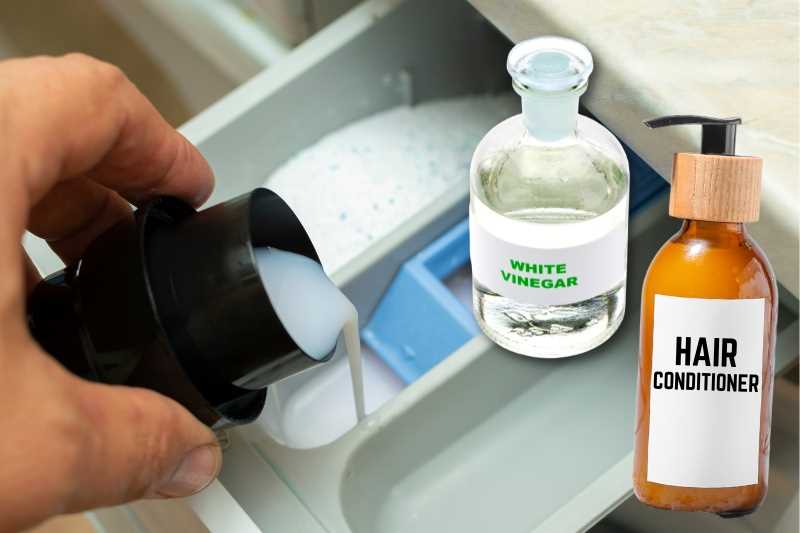
Borax is a natural laundry booster that helps to remove stains and brighten your clothes. Add a tablespoon of borax to your wash cycle to give your laundry an extra boost.
Citric Acid
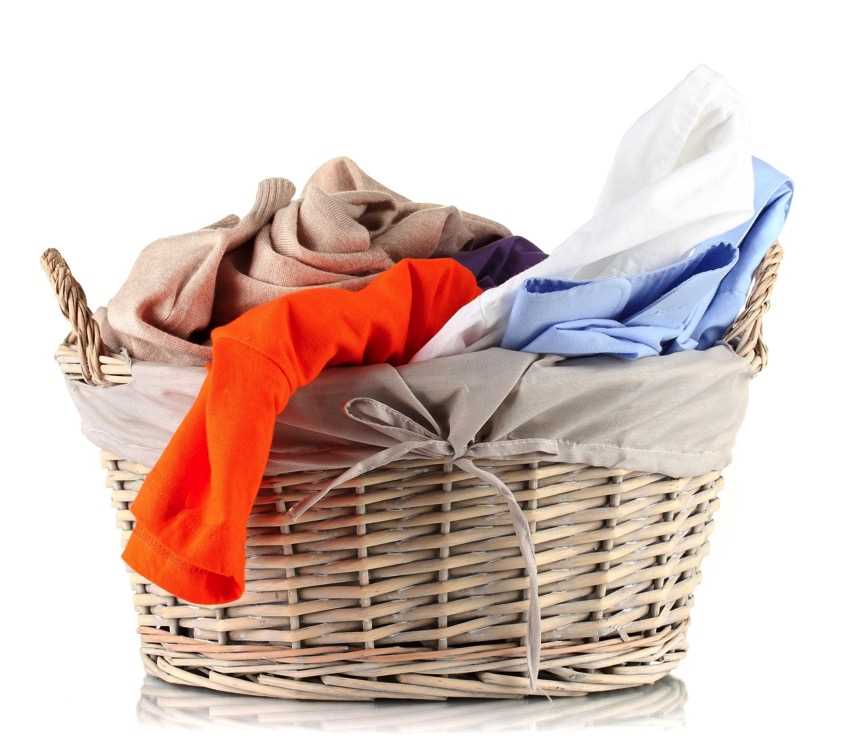
Citric acid can help to remove mineral deposits from your clothes and washing machine. Add a tablespoon of citric acid to your wash cycle to improve the effectiveness of your detergent.
Oxygen Bleach
Oxygen bleach is a non-toxic alternative to chlorine bleach. It can help to whiten and brighten your clothes without the harsh chemicals.
Homemade Laundry Soap
Making your own laundry soap using natural ingredients like soap flakes, washing soda, and borax can be an eco-friendly alternative to store-bought detergents.
Baking Soda and Hydrogen Peroxide Stain Remover
A paste made from baking soda and hydrogen peroxide can help to remove stubborn stains from your clothes. Simply apply the paste to the stain, let it sit for a few minutes, and then wash as usual.
Washing Soda
Washing soda is a powerful natural cleaner that can help to remove tough stains and odors from your laundry. Add a cup of washing soda to your wash cycle to boost the cleaning power of your detergent.
DIY Fabric Softening Recipes:
If you’re looking for natural and eco-friendly alternatives to fabric softeners, try these DIY recipes that you can easily make at home using simple household ingredients:
Vinegar Fabric Softener:
- Mix 1 cup of white distilled vinegar with 2 cups of water.
- Add a few drops of your favorite essential oil for a refreshing scent (optional).
- Pour the mixture into a spray bottle and shake well before each use.
- Spray a small amount onto a clean washcloth or directly into the fabric softener dispenser of your washing machine.
- Run your laundry as usual.
Baking Soda Fabric Softener:
- Add 1/2 cup of baking soda to your washing machine’s fabric softener dispenser.
- Run your laundry as usual.
Wool Dryer Balls:
Wool dryer balls are a great alternative to fabric softeners. They naturally soften and reduce static in your clothes. Here’s how to make them:
- Purchase a set of 100% wool dryer balls.
- Place the dryer balls in the dryer with your laundry.
- Run your dryer as usual.
Aluminum Foil:
Wrapping a ball of aluminum foil and tossing it in the dryer with your clothes can help reduce static and soften fabrics.
Table Salt:
Add a small amount of table salt to your washing machine’s fabric softener dispenser. The salt softens the water, which in turn helps to soften your clothes.
These DIY fabric softening recipes are not only effective but also environmentally friendly, making your laundry routine greener.
Sustainable Laundry Practices:
1. Wash with Cold Water
One of the simplest ways to make your laundry routine more sustainable is by washing your clothes with cold water. Heating water accounts for a significant portion of your energy usage when doing laundry, so by using cold water, you can reduce your energy consumption and lower your carbon footprint.
2. Use Energy-Efficient Washing Machines
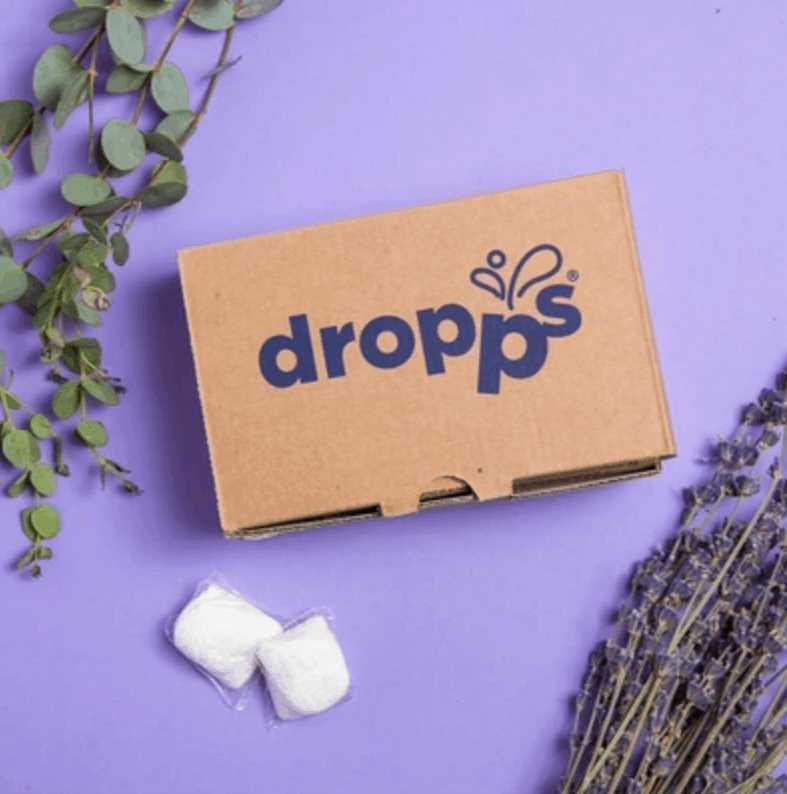
Investing in an energy-efficient washing machine can have a significant impact on your laundry’s sustainability. Look for machines with the ENERGY STAR label, as these appliances are designed to use less water and energy, resulting in reduced environmental impact.
3. Air Dry Your Clothes
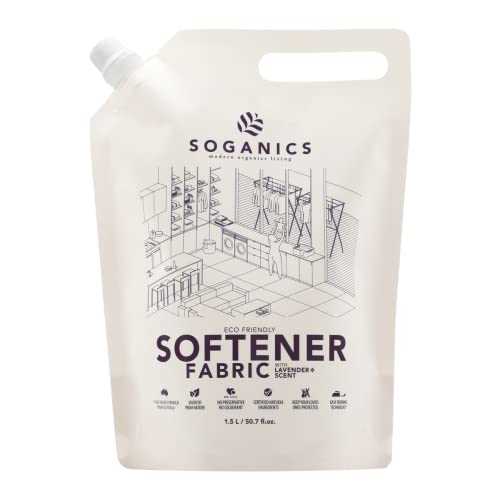
Avoiding the use of a dryer and opting to air dry your clothes is an eco-friendly alternative that saves energy and reduces your carbon emissions. Hang clothes on a clothesline or use a drying rack to let them air dry naturally.
4. Choose Eco-Friendly Laundry Detergents
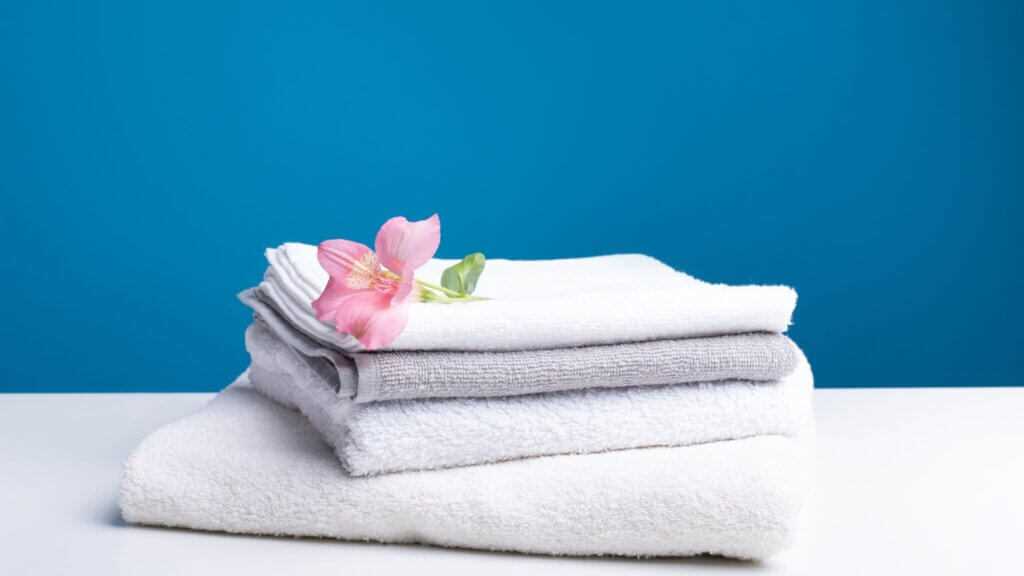
Traditional laundry detergents often contain harsh chemicals that can be harmful to the environment. Look for eco-friendly alternatives that are biodegradable, phosphate-free, and free from artificial fragrances and dyes.
5. Use Wool Dryer Balls
Replace fabric softener sheets with wool dryer balls to naturally soften and reduce static in your laundry. Wool dryer balls are reusable, reduce drying time, and are a sustainable alternative to single-use fabric softeners.
6. Wash Full Loads
Avoid washing small loads of laundry, as this wastes water and energy. Wait until you have a full load before running your washing machine to make the most efficient use of water and energy resources.
7. Repair Clothes Instead of Replacing
When clothes get torn or damaged, consider repairing them instead of immediately replacing them. By extending the life of your garments, you reduce your consumption and minimize waste.
8. Use Natural Stain Removers
Instead of using chemical-based stain removers, opt for natural alternatives like baking soda, vinegar, or lemon juice. These options are not only better for the environment but also safer for your skin and health.
9. Recycle and Donate Old Clothes
If you have clothes that you no longer wear or need, donate them to charities or clothing recycling programs. This helps reduce textile waste and gives your clothes a new life while supporting those in need.
10. Choose Sustainable Clothing Brands
When purchasing new clothes, opt for sustainable clothing brands that prioritize ethical and eco-friendly practices. Look for brands that use organic materials, practice fair trade, and have transparent supply chains.
11. Use Eco-Friendly Packaging
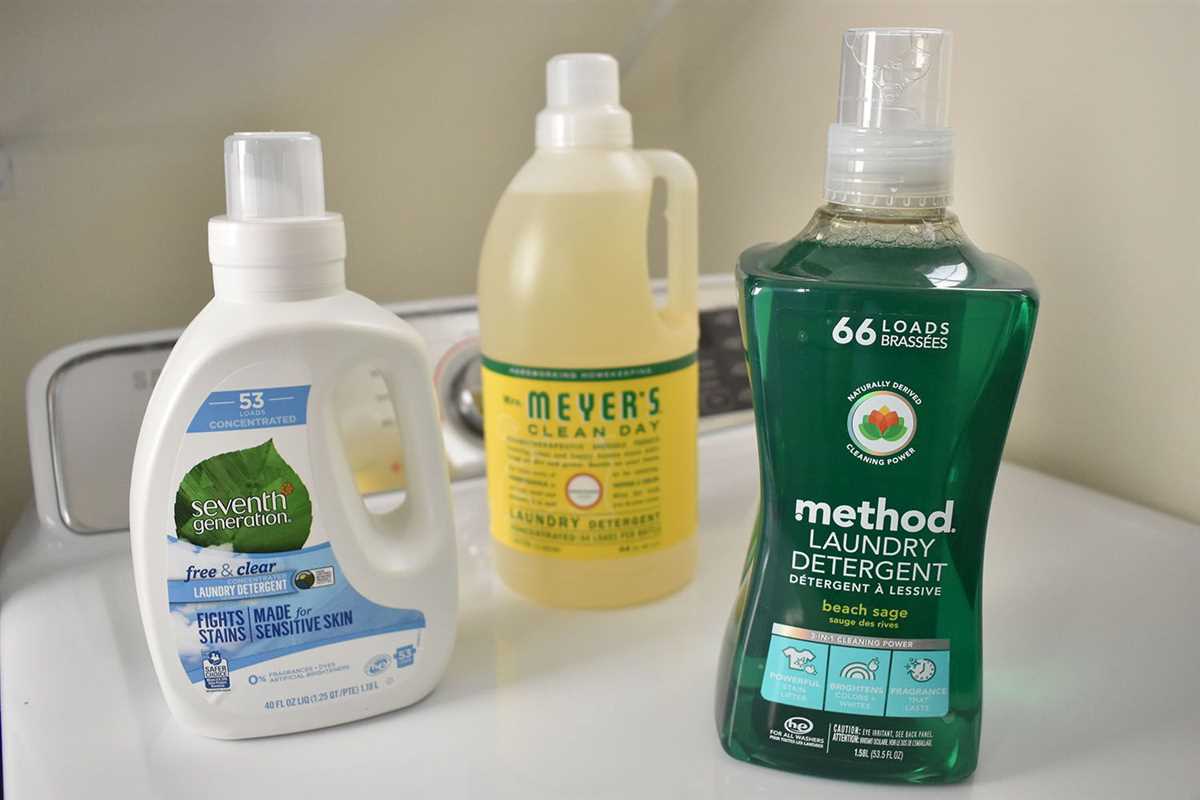
Choose laundry detergents and other laundry products that come in eco-friendly packaging. Look for options that use recyclable or biodegradable materials and avoid excessive packaging whenever possible.
| Benefits of Sustainable Laundry Practices: |
|---|
|
FAQ
What are some eco-friendly alternatives to fabric softener?
Some eco-friendly alternatives to fabric softener include vinegar, baking soda, wool dryer balls, white distilled vinegar, and essential oils.
How can I make my laundry routine greener?
You can make your laundry routine greener by using eco-friendly laundry detergents, washing clothes in cold water, air-drying your clothes whenever possible, and using eco-friendly alternatives to fabric softener.
Why should I use eco-friendly alternatives to fabric softener?
Using eco-friendly alternatives to fabric softener is beneficial for the environment as traditional fabric softeners contain chemicals that can be harmful to the ecosystem. Eco-friendly alternatives are also often cheaper and can be just as effective in keeping your clothes soft and static-free.
How do wool dryer balls work as an eco-friendly alternative to fabric softener?
Wool dryer balls work by bouncing around in the dryer and separating clothes, allowing hot air to circulate more efficiently. This helps to reduce drying time, soften fabrics, and reduce static without the use of chemicals found in traditional fabric softeners. They are an eco-friendly and reusable option.
Can I add essential oils to my laundry as a natural alternative to fabric softener?
Yes, you can add a few drops of essential oils to your laundry to give your clothes a natural scent and make them feel softer. Lavender, lemon, and tea tree oil are popular choices, but you can experiment with different scents to find your favorite.
Why is fabric softener bad for the environment?
Fabric softener often contains harmful chemicals that are not biodegradable and can pollute water sources. Additionally, the production and disposal of fabric softener contribute to air and water pollution.
What are some eco-friendly alternatives to fabric softener?
There are several eco-friendly alternatives to fabric softener, such as using vinegar, baking soda, or wool dryer balls. These alternatives are non-toxic, biodegradable, and can effectively soften your clothes without harming the environment.













